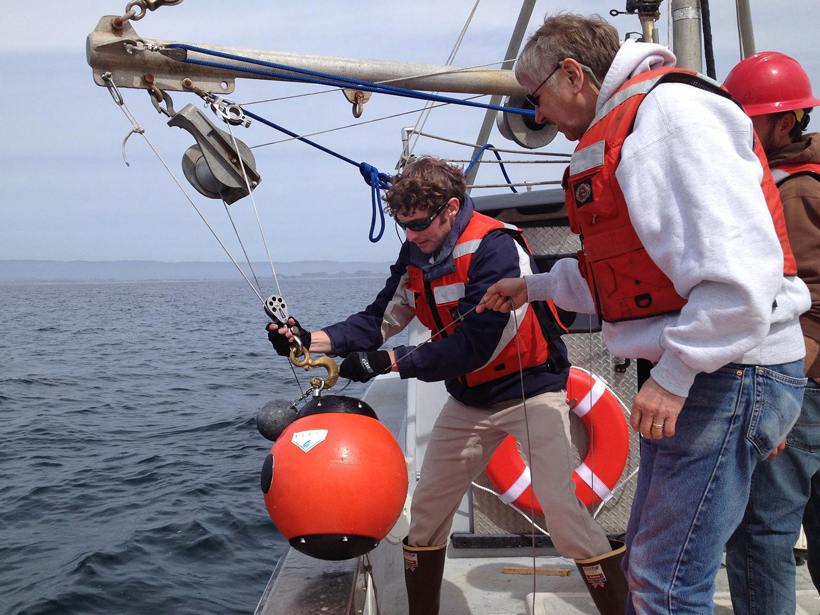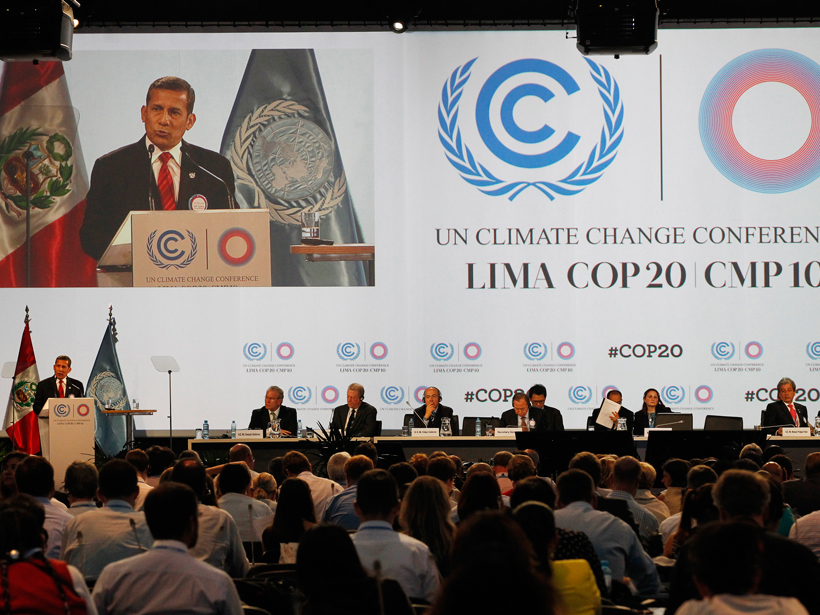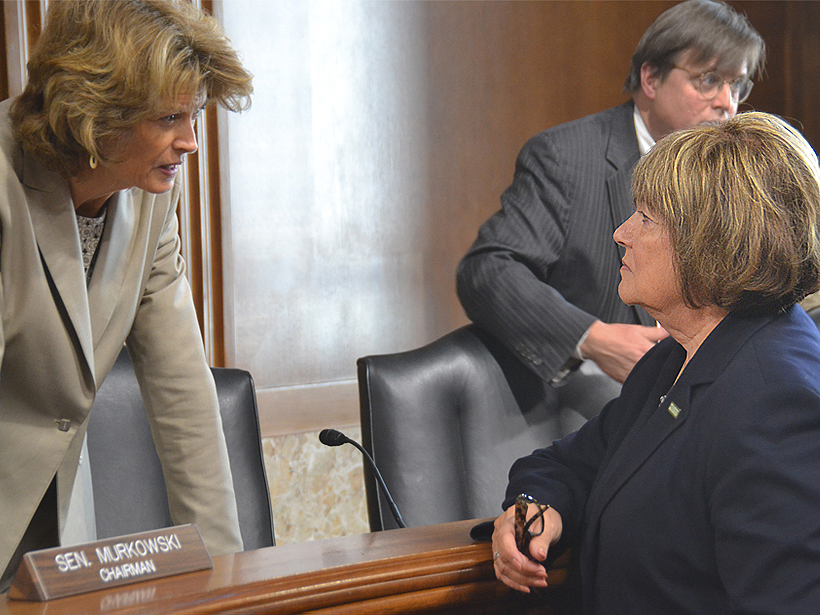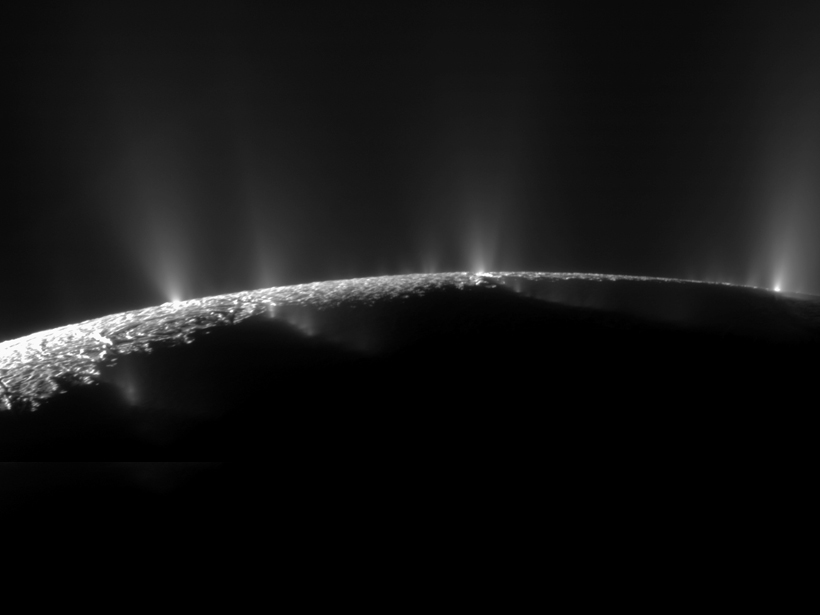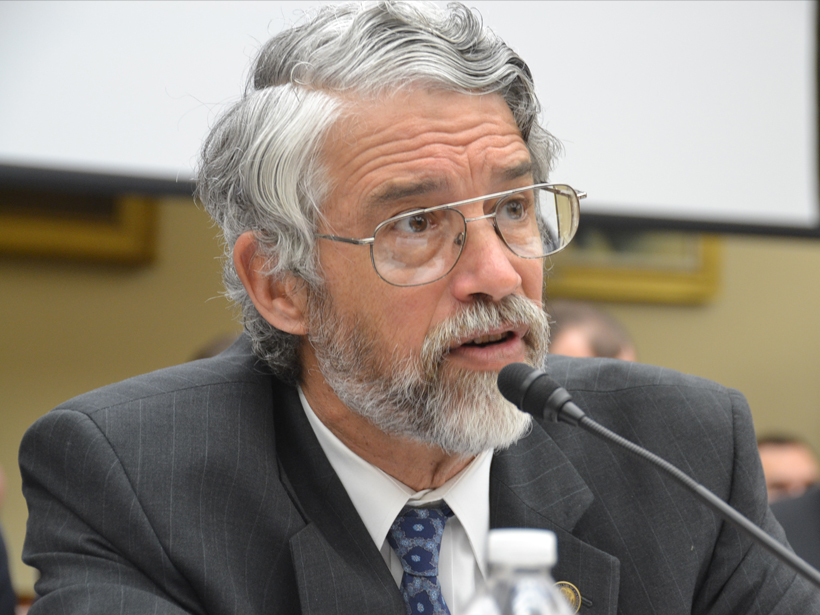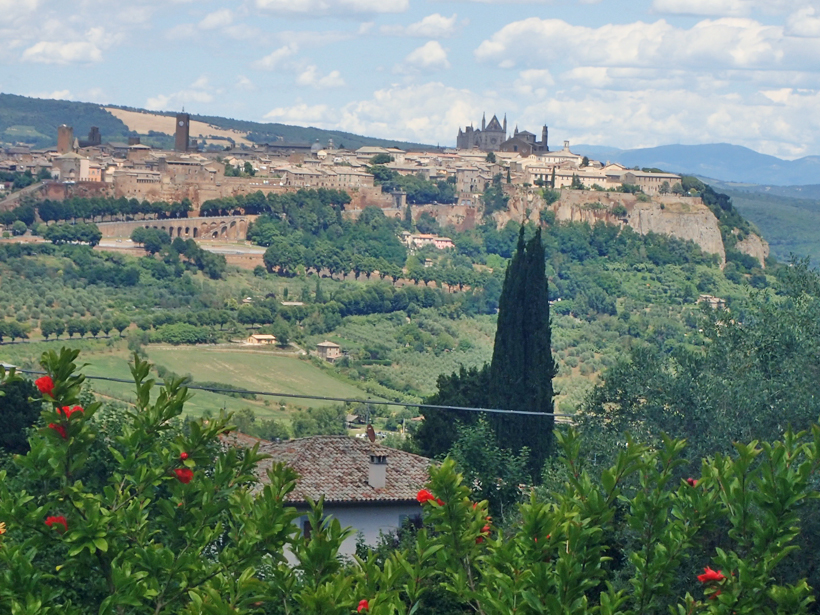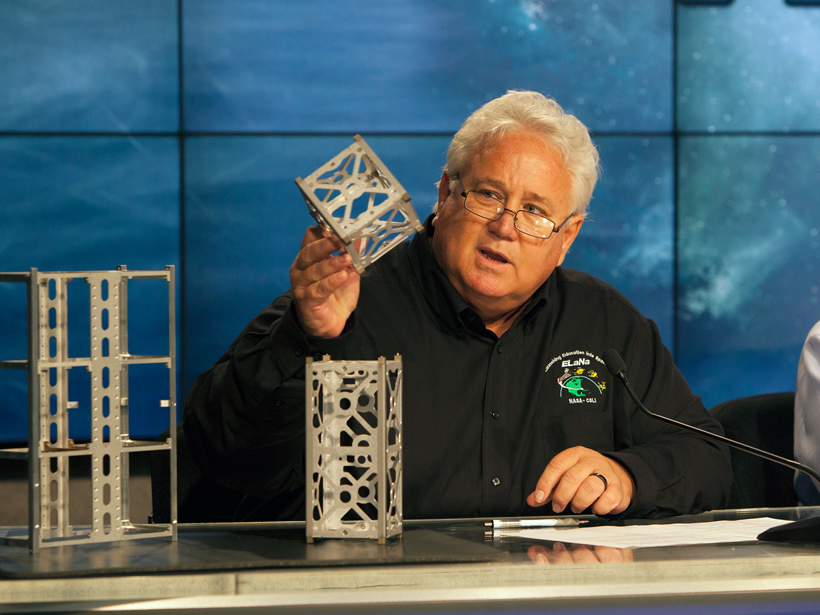In a cave accessible only by daredevil divers, extraordinary microbial colonies metabolize nitrogen and iron nutrients and possibly remove pollutants from water.
News
Researchers Track Underwater Avalanches Like Never Before
Using beach ball–like detectors, researchers set out to determine how sediments, which could contain toxic contaminants, travel through submarine canyons to greater depths.
Targets of Biggest Global Carbon Emitters Flunk Fairness Test
Pledges so far by the United States, European Union, and China would require all other countries to emit 7 to 14 times less per capita than those three regions by 2030 to limit warming to 2°C.
USGS Acting Director Receives Support at Senate Hearing
Confirmation of Suzette Kimball as U.S. Geological Survey director might happen this time. In 2014, a Senate committee approved her nomination, but Congress adjourned before voting on confirmation.
Cassini Probe Dives Through Enceladus Plume
NASA's Cassini probe takes a trip through a cosmic sprinkler to learn more about a subsurface ocean.
White House Science Adviser Blasts Congress at NSF Meeting
John Holdren, science adviser to President Obama, critiqued geoscience budget cuts passed by the House of Representatives and Congress members equating geosciences with climate change research.
Students with Disabilities Not Just Welcome but Expected
A geoscience study-abroad program breaks new ground in the United States by planning the course's curriculum from the get-go to include students with disabilities.
Climate Woes Real, Say Most in U.S., Canada, but Differ on Cause
Two new surveys find that although large majorities of Americans and Canadians think that global warming is happening, relatively few of them think humans are causing it.
NASA Selects Launch Vehicles for Small Satellites
Miniature satellites offer new opportunities for science, commerce, and education. With new launch vehicles, these satellites will fly as primary payloads rather than hitchhiking on bigger missions.
Woody Vines Limit How Much Carbon Tropical Forests Sequester
Vines called lianas, which store less carbon than trees, are winning the competition for sunlight and water.


